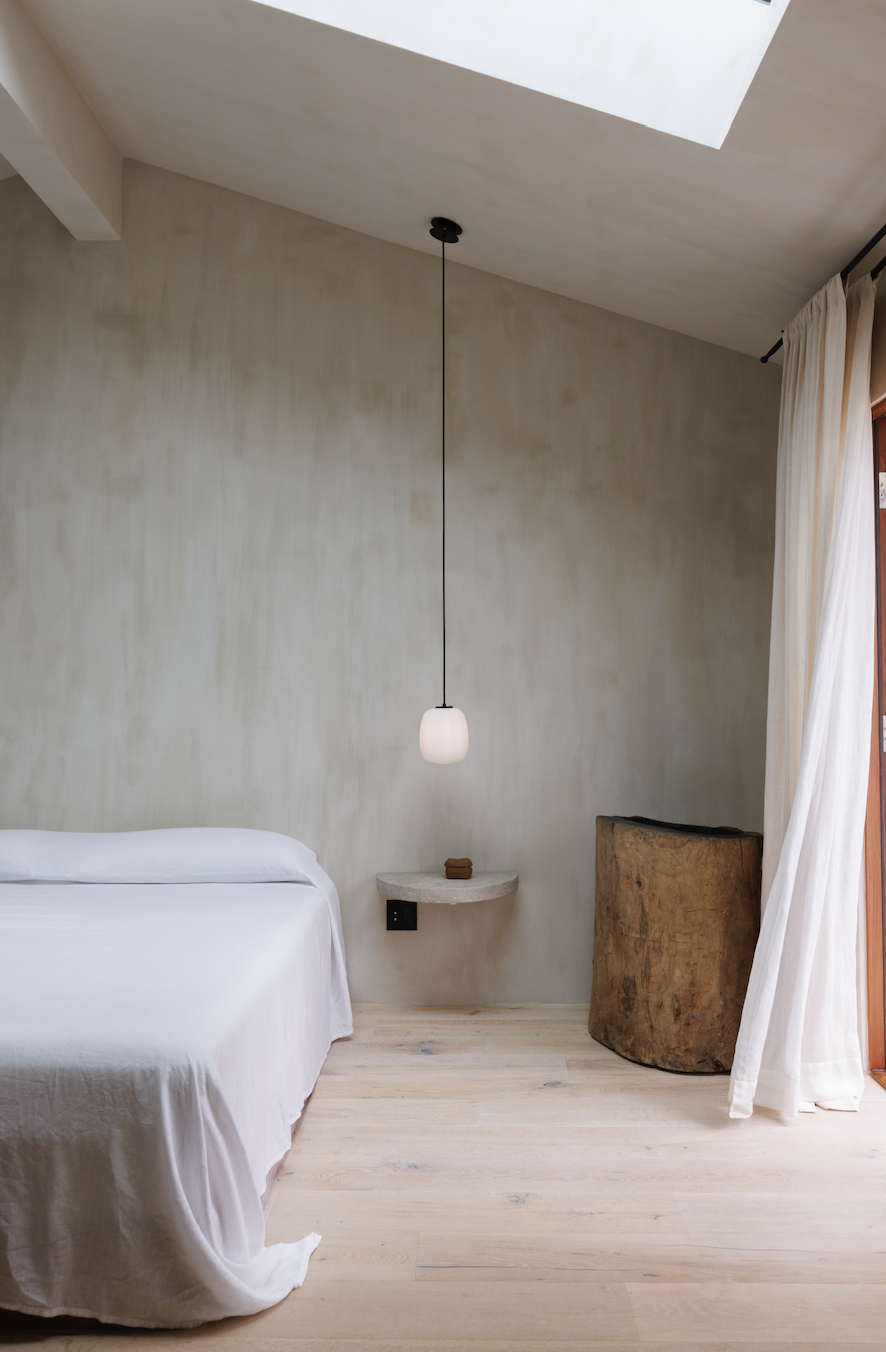How Feng Shui Impacts Your Health and Well-Being
When we think about health and well-being, our minds often jump to diet, exercise, and self-care routines. But there’s another vital aspect that often gets overlooked: the environment in which we live. Our surroundings have a profound impact on our mental, emotional, and even physical health. That’s where the ancient art of Feng Shui comes into play. By aligning your space with Feng Shui principles, you can foster tranquility, balance, and positive energy in your life—essential components for overall well-being.
Here are five tips to transform your space and elevate your health:
1. Embrace Natural Elements
Why It Matters: In Feng Shui, natural materials like wood, ceramic, and glass are believed to connect us with the earth, grounding our energy and promoting a sense of calm. These elements help to reduce stress and create a more peaceful atmosphere, which is essential for mental clarity and relaxation.
How to Implement: Incorporate wooden furniture, ceramic vases, or glass decor into your living spaces. Think about adding plants or natural stone elements, which further enhance the connection to nature.
2. Balance Colors for Optimal Energy Flow
Why It Matters: Color plays a crucial role in Feng Shui, with each hue representing one of the five elements: wood (green, brown), fire (red, orange), earth (yellow, beige), metal (white, gray), and water (blue, black). A well-balanced color palette helps harmonize the energy in your space, leading to improved mood and mental well-being.
How to Implement: Consider the function of each room and choose colors that correspond to the energy you want to cultivate. For example, earthy tones in the bedroom can promote relaxation, while vibrant reds in a home office may boost energy and focus.
3. Choose Meaningful Shapes
Why It Matters: The shapes of objects in your home influence the flow of energy. Rounded and oval shapes, in particular, symbolize continuity and unity, making them ideal for creating a smooth flow of positive energy. This can contribute to a more harmonious and less stressful environment.
How to Implement: Opt for round or oval vases, bowls, and other decor items. These shapes work especially well in communal spaces like the living room, where they encourage connection and harmony among family members.
4. Keep Your Space Clutter-Free
Why It Matters: Clutter is one of the biggest obstacles to good Feng Shui. It blocks the natural flow of energy, leading to feelings of overwhelm and anxiety. A clutter-free environment, on the other hand, promotes clarity, focus, and peace of mind—key components of overall well-being.
How to Implement: Practice minimalism by keeping only meaningful and functional items in your space. Regularly declutter to maintain a serene and organized environment. Remember, in Feng Shui, less is more.
5. Position with Purpose
Why It Matters: The placement of objects in your home can significantly impact the flow of energy. Strategic positioning, especially when items are placed in pairs, can symbolize balance and harmony, enhancing relationships and overall well-being.
How to Implement: Place decor items in areas where they can be seen and appreciated, such as on shelves, coffee tables, or entryways. Consider pairing items like vases or candles to promote a sense of balance.
The Takeaway: Your Space, Your Health
Creating a harmonious environment isn’t just about making your home look good; it’s about fostering a space that supports your health and well-being. By incorporating these Feng Shui tips, you can transform your living space into a sanctuary of peace, balance, and positive energy.

